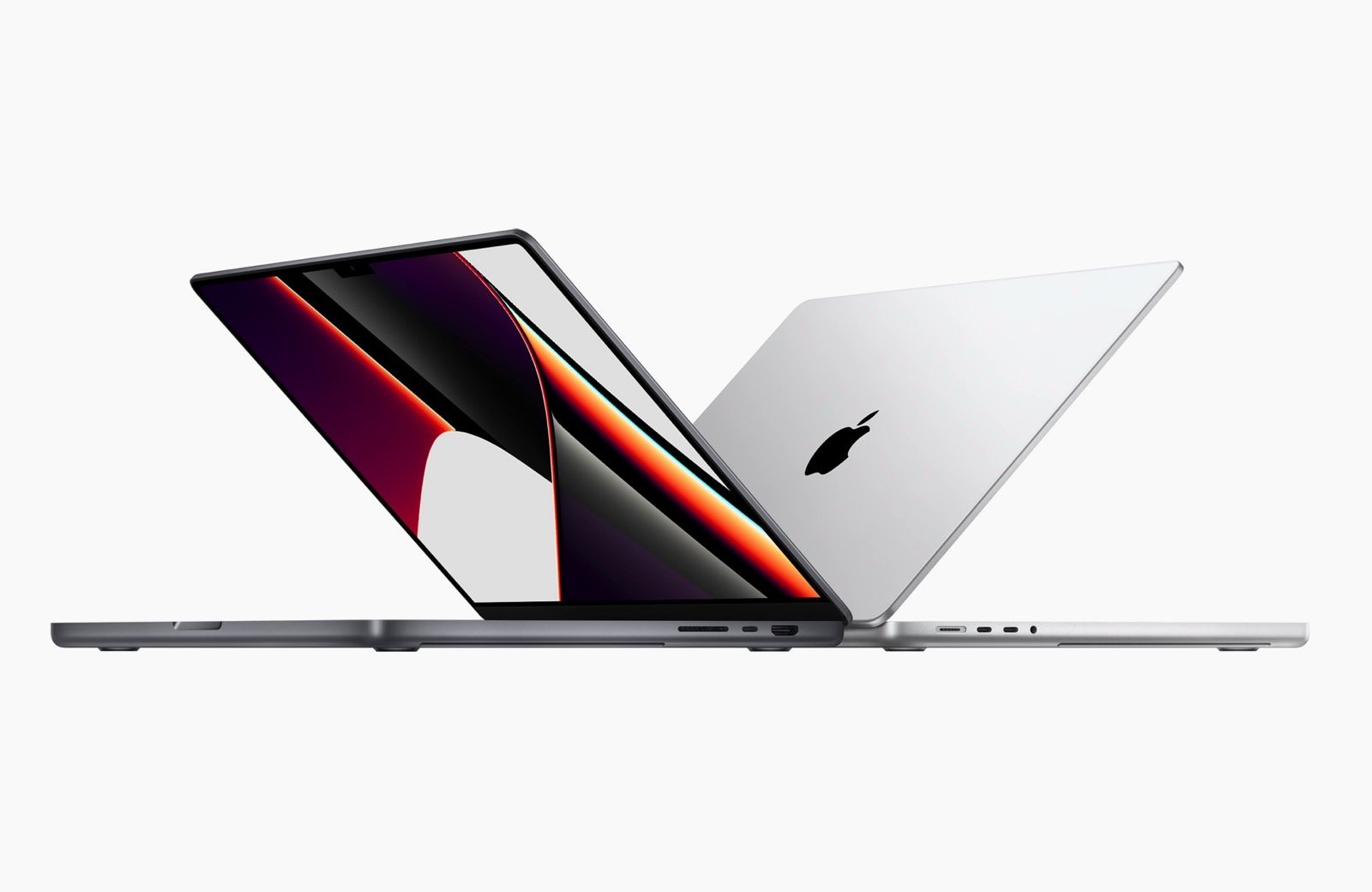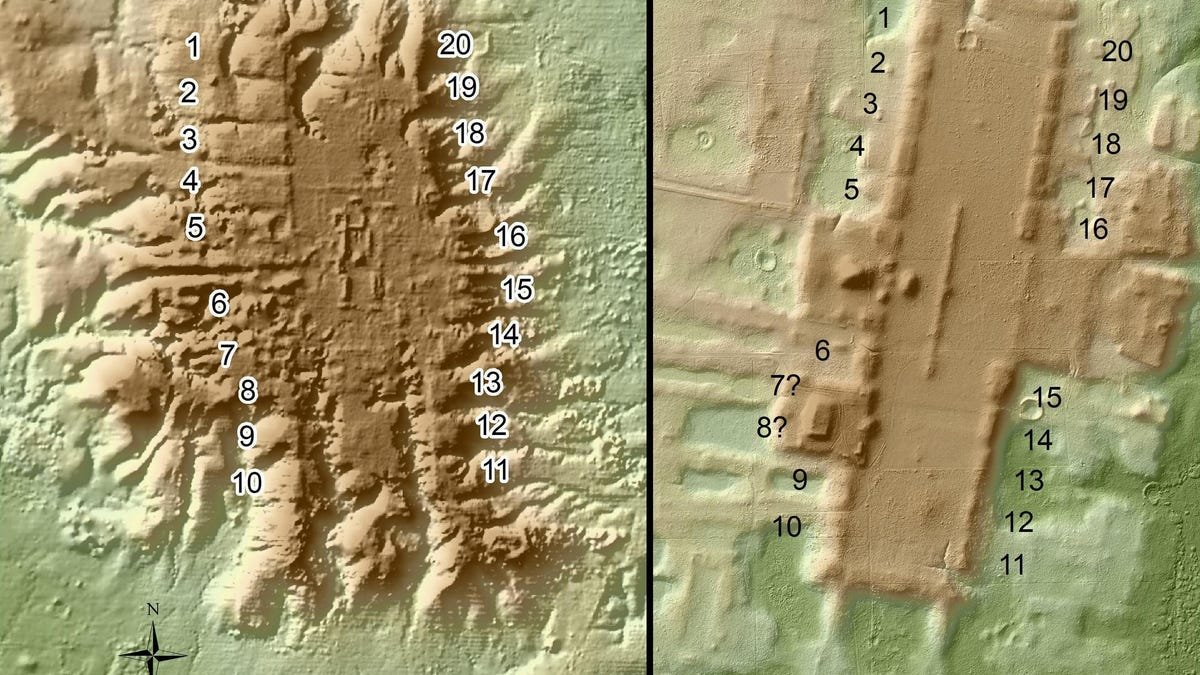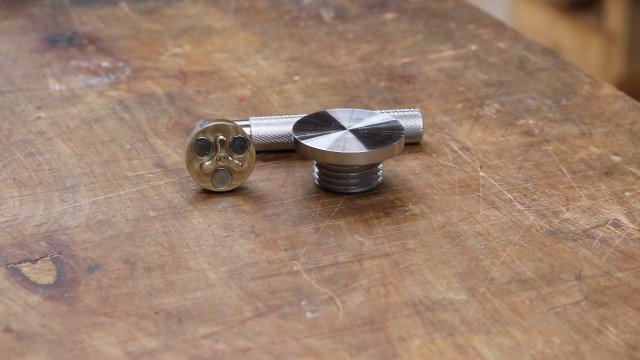The human feeling of touch is basic to having the option to perform numerous exercises of every day living. We take our capacity to feel how hefty a cup of hot fluid is and make changes without considering the big picture to keep fluid from spilling from the cup. For individuals who utilize prosthetic gadgets, even progressed modern brain controlled prosthetics of things to come will not have the ordinary human feeling of touch to depend on. Specialists from the University of Pittsburgh Rehab and Neural Engineering Labs have shown another technique that depicts how adding mind incitement can give material sensations making it simpler for administrators of a cerebrum controlled automated arm to control the prostatic.
Consolidating enhancing vision just with counterfeit material insight, the group had the option to cut the time spent getting a handle on and moving items into equal parts from a commonplace season of 20.9 seconds to 10.2 seconds. Co-senior creator of the paper, Jennifer Collinger Ph.D., says that the aftereffects of their examination showed what they trusted would occur, however they didn’t anticipate that success should the degree noticed.
Collinger says tactile input from appendages and hands is essential for performing ordinary exercises in our every day lives. At the point when that input is missing, it essentially affects the client’s presentation. A member in the investigation named Nathan Copeland is the main individual on the planet to be embedded with minuscule anode clusters in the engine cortex of his mind and his somatosensory cortex, which is the segment of the cerebrum that cycles tactile data from our body. The inserts permit him to control the mechanical arm utilizing his mind and see material tactile input from the prosthetic.
Scientists say the paper features improvement contrasted with a prior examination portraying how invigorating tactile districts of the mind utilizing electrical heartbeats can bring out sensation in unmistakable spaces of an individual’s hand. For the new examination, the scientists joined perusing the data from the mind to control the development of the automated arm alongside composing data back to the cerebrum to give tangible criticism. Collinger and Robert Gaunt, Ph.D., tried the impact of tangible criticism in conditions that intently take after what might happen in reality.



